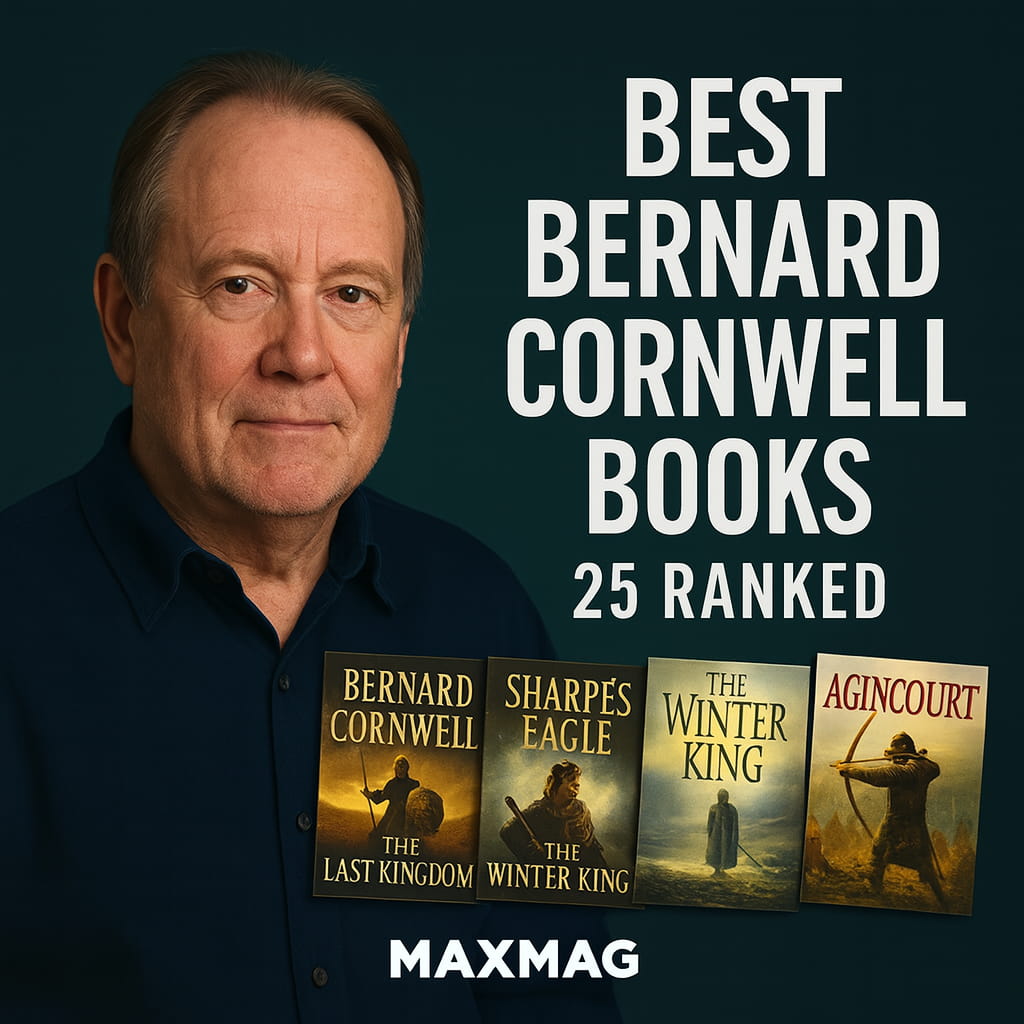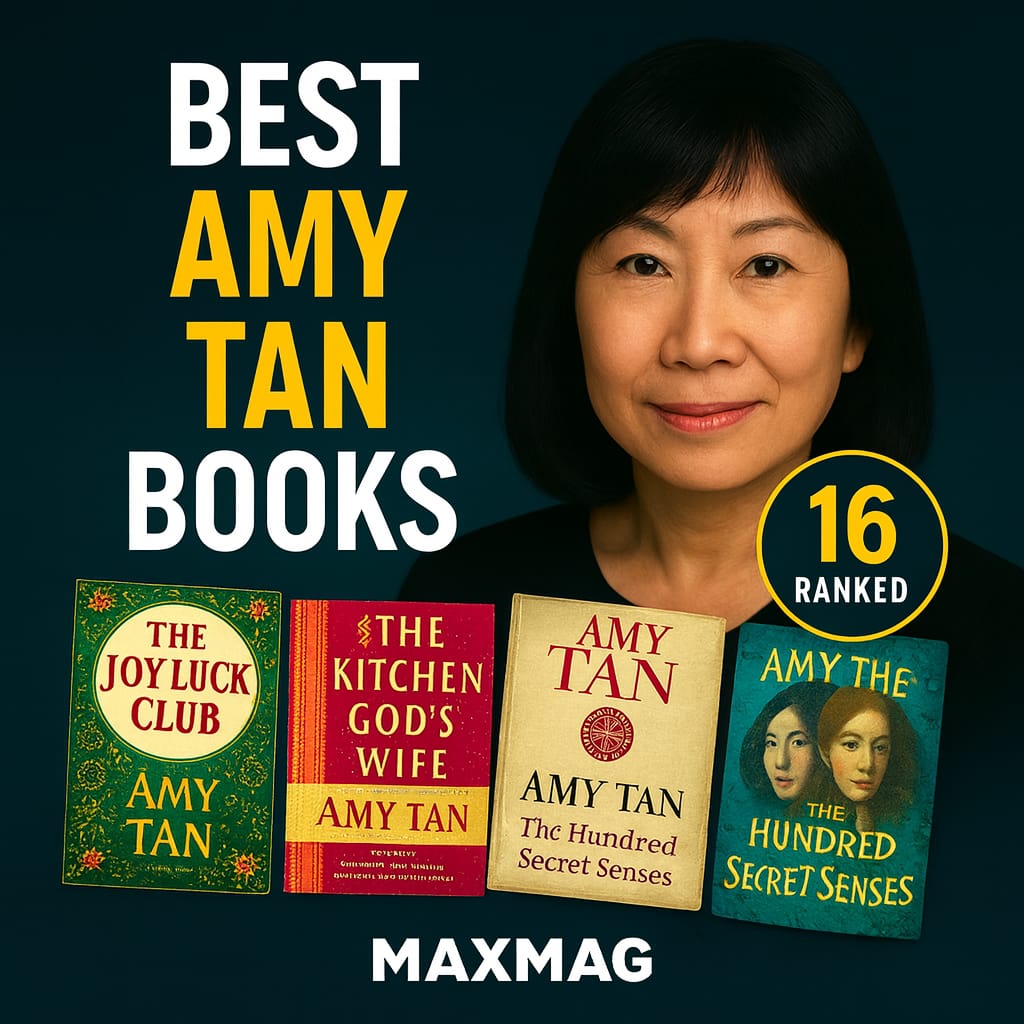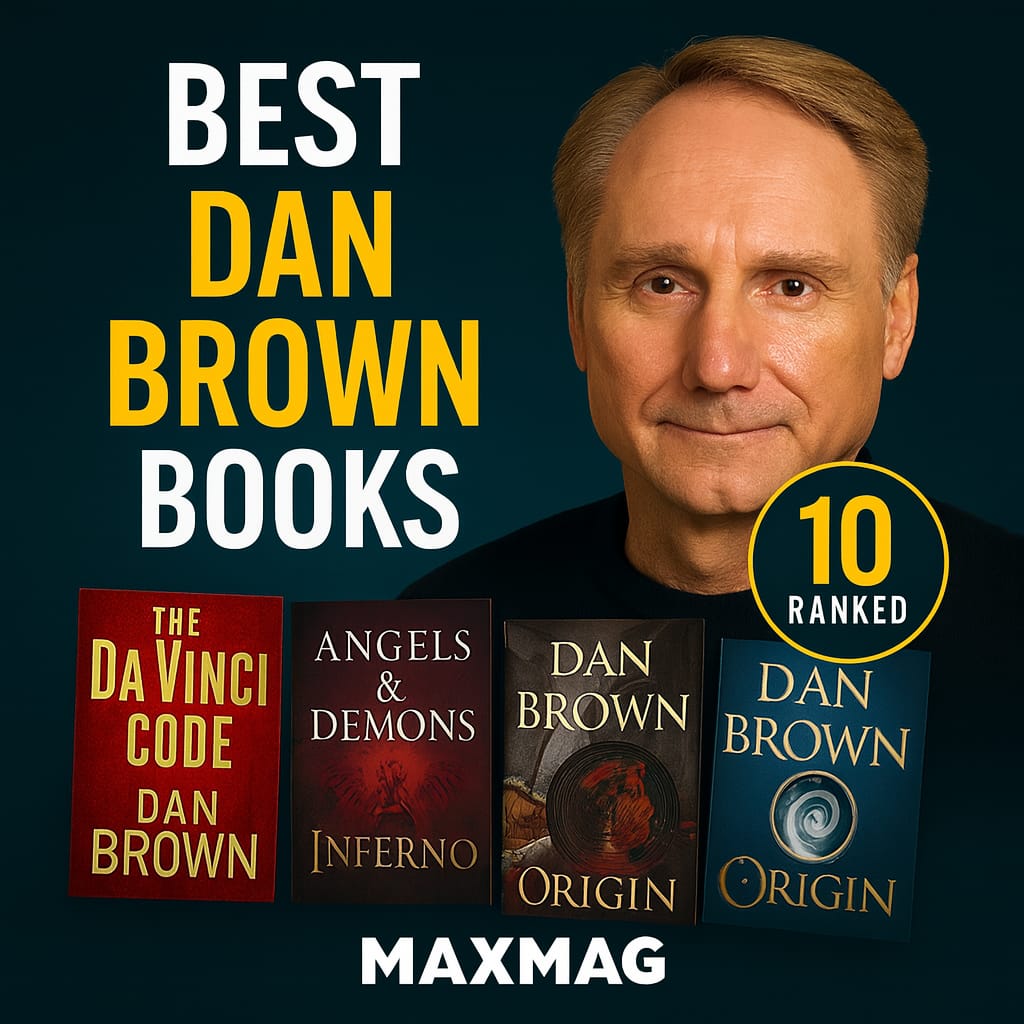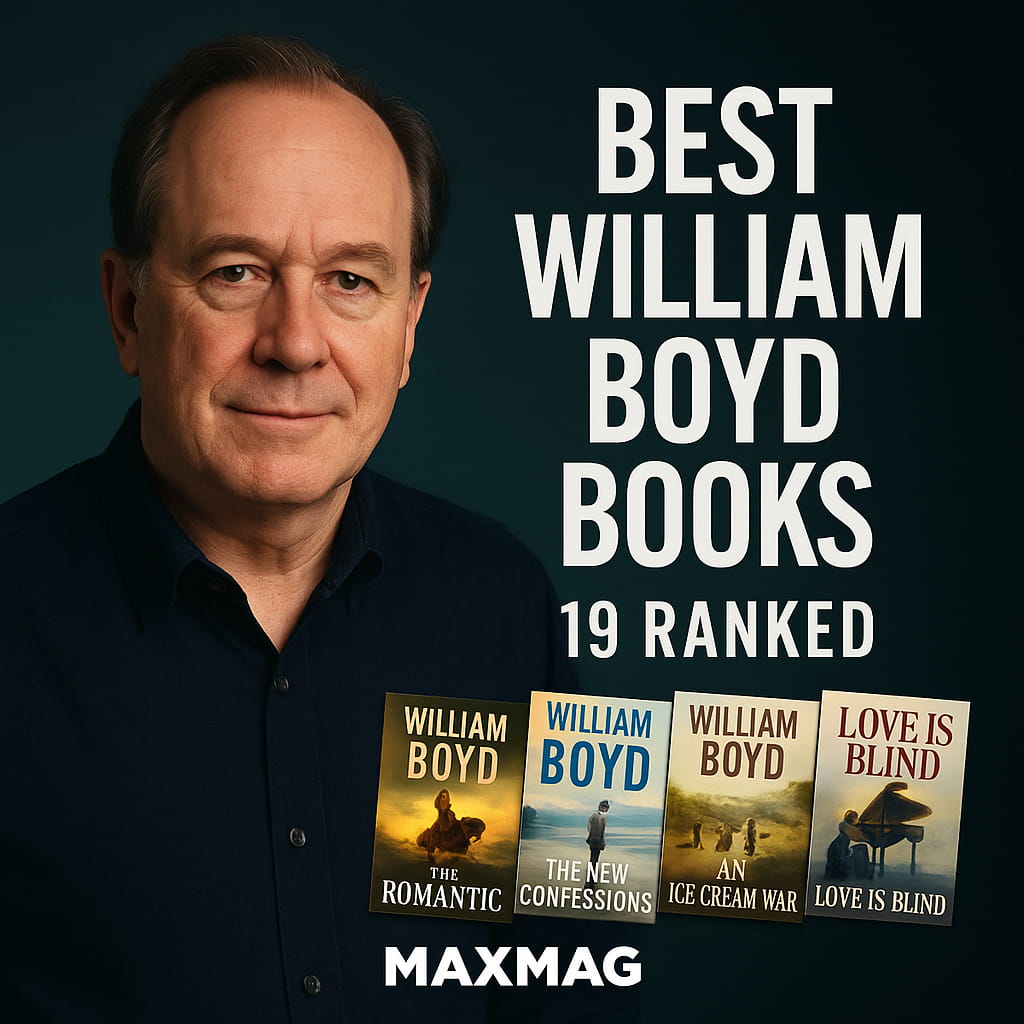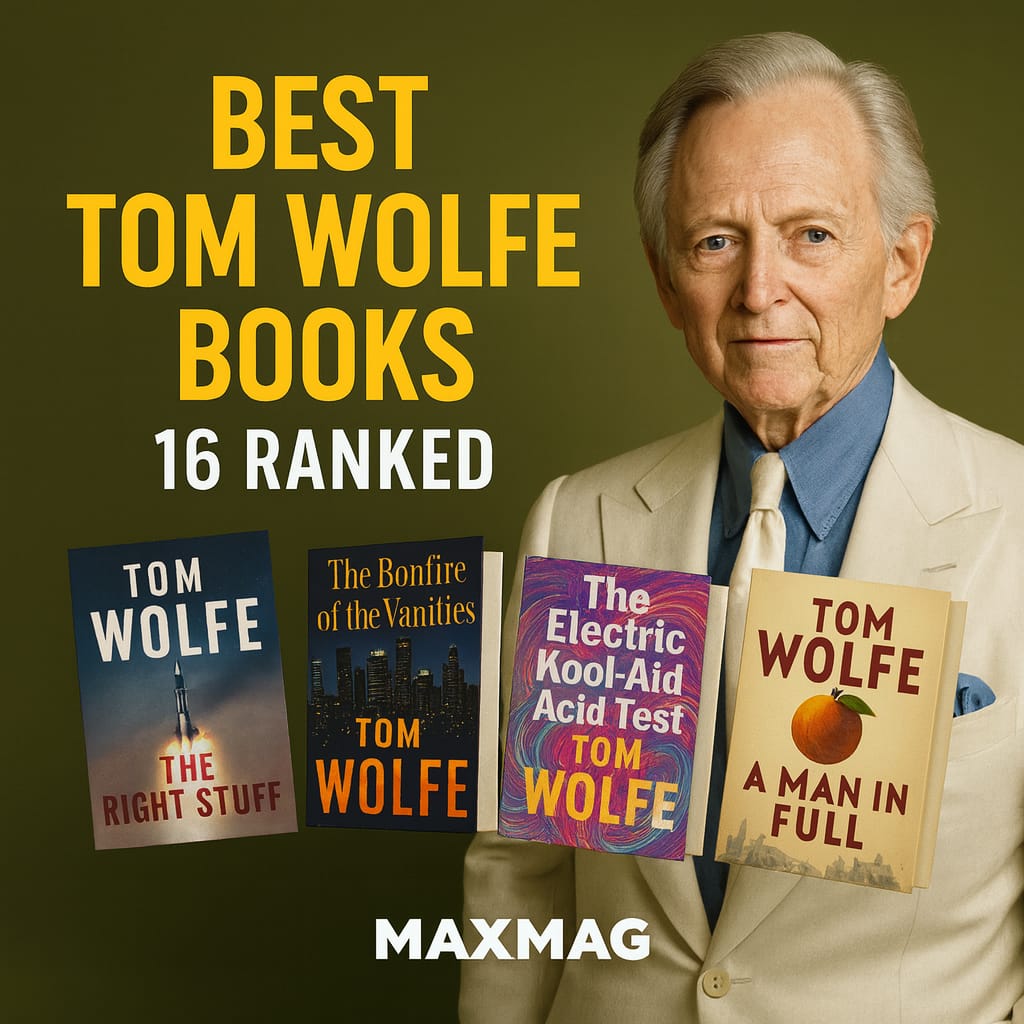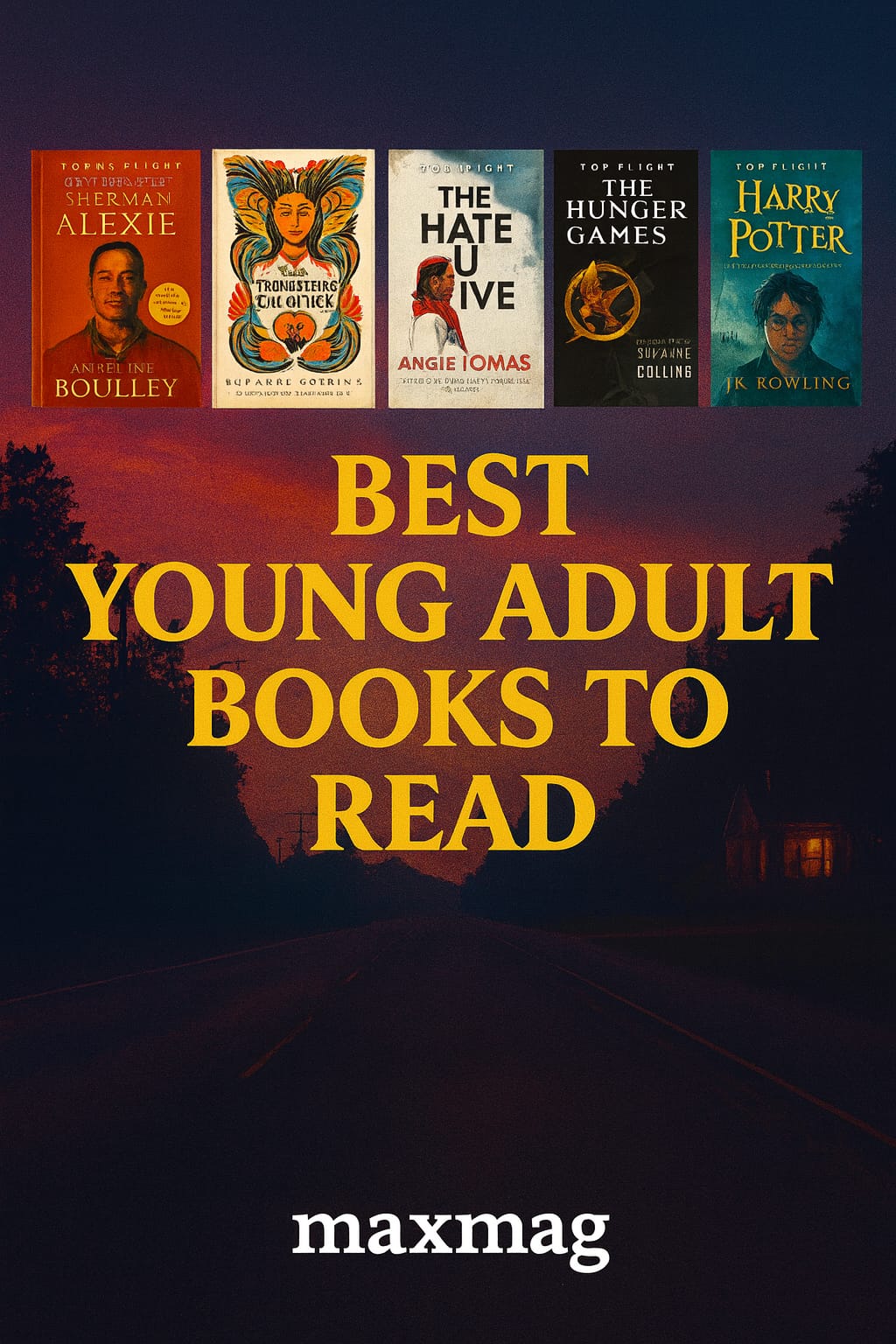
Best Young Adult Books to Read is more than a list; it’s a curated passage through adolescence’s fiercest joys and toughest trials, charting the moments where voice, velocity, and vulnerability collide. Across genres—from epic fantasy and dystopia to intimate contemporary realism—these novels give readers high stakes and steady heartbeats, using brisk pacing, vivid world‑building, and honest emotion to mirror teenage life. Our lens is rigorous but welcoming: we highlight narrative craft, character depth, and reread value while honoring books that spark discussion in classrooms, book clubs, and family living rooms. Each pick earned staying power through community enthusiasm, literary accolades, or cultural impact, helping new readers find a first love and seasoned fans rediscover why they fell for YA in the first place. Expect breathless heists, tender friendships, righteous outrage, and jokes that land just when the tears threaten. Expect experimentation too: mixed‑media dossiers, epistolary letters, and hybrid mythologies that feel fresh without losing clarity. Expect comfort reads sitting alongside boundary‑pushers that invite reflection after the last page. Above all, expect choices that respect teen intelligence and delight adults just as much.
We considered only titles with a 4.0+/5 community score on major platforms and balanced canon with contemporary heat so this feature feels authoritative today and useful next year. To keep the bar high and the reading paths flexible, we prioritized books with classroom conversation starters, strong audiobook adaptations, or ongoing fan ecosystems that make it easy to keep reading. We ended with 15 selections—a focused shelf that still spans decades, voices, and subgenres—so the journey from “which one first?” to “what’s next?” stays simple. You’ll find staples that define expectations for character‑driven coming‑of‑age, fantasy that blends cinematic pace with moral weight, and contemporary titles that translate headline issues into human‑scale stories. Best Young Adult Books to Read appears throughout this guide not as marketing noise but as a promise of relevance and reread value. Use the mid‑list pause to recalibrate your route, or jump to the FAQ for quick start pairings tailored to mood and time. However you proceed, every entry is built to earn your time, recommend well to friends, and stand up to classroom or book‑club scrutiny. Let’s turn the page.
15 Best Young Adult Books to Read This Year
1) Harry Potter and the Sorcerer’s Stone — 1997
Magic begins with a letter, a wall vanishes at a pub, and a hidden world invites readers to cross the threshold. The novel moves with buoyant humor but plants seeds of deeper darkness, balancing cozy discovery with real consequences. Voice drives everything: wonder‑soaked narration and a wide cast that makes even side characters memorable. As an entry point to modern YA fantasy, it set expectations for serial storytelling, found family, and lore that rewards rereads. Its school‑year structure created a template many later series happily borrowed. Cinematic pacing keeps the pages quick without shortchanging emotional beats. The prose stays approachable while slyly escalating stakes. For newcomers seeking Best Young Adult Books to Read that define the genre’s evolution, this opener remains a model of inclusive world‑building.
2) The Hunger Games — 2008
Katniss’s flinty, first‑person voice yokes immediacy to empathy, converting televised violence into a study of power and performance. World‑building is economical: a few sharp images sketch the Capitol’s decadence and the districts’ precarity. The novel reoriented YA toward social critique while keeping a propulsive game‑engine that begs one‑more‑chapter. It also cemented the love‑triangle as choice metaphor, not just romance garnish. Teachers prize its media‑literacy angles; book clubs savor its moral tradeoffs. The result is a crossover juggernaut that still reads lean and mean. As a top young adult book, it remains a gateway for reluctant readers. If you’re mapping Best Young Adult Books to Read with broad appeal, start here for page‑turning urgency paired with purpose.
3) The Book Thief — 2005
Narrated by Death with weary tenderness, this novel turns a Munich suburb into the fiercest stage for small acts of care. Liesel’s stolen books become contraband hope, and the diction earns its lyricism without drifting into sentimentality. Structurally bold but emotionally lucid, it shows YA can be formally inventive and classroom‑ready. The found‑family thread braids humor and danger into something beautifully survivable. Its slow‑burn chapters reward patient readers with luminous payoffs. Literary ambition coexists with clear stakes, keeping teens engaged and adults undone. As award‑winning young adult novels go, this one feels like a rite of passage.
4) The Hate U Give — 2017
Starr Carter’s split life—between her neighborhood and suburban school—anchors a story that’s as compassionate as it is clear‑eyed. Dialogue snaps, family scenes glow, and the novel’s protest arc models safe, actionable allyship. It broadened YA’s center to include urgent civic questions without sacrificing character warmth. The classroom conversations practically write themselves, yet the book never feels like homework. Its adaptation amplified the reach, renewing interest among new readers. Craft choices—humor amid hurt, tenderness amid tension—keep the tone humane. As best‑selling young adult literature with heart and heat, it’s a pillar of the modern canon.
5) Six of Crows — 2015
Ocean’s Eleven energy meets grimy magic as six misfits attempt the impossible with more banter than mercy. Rotating POVs keep momentum high and character arcs distinct, proving complexity doesn’t have to slow the plot. The world is lush but legible, stitched with commerce, crime, and consequence. It reset expectations for ensemble casts in YA fantasy, spawning a thousand found‑family pitches. Romance threads smolder instead of smother, saving the emotional haymakers for earned moments. Readers who love intricate plans will relish the twists that hinge on character, not coincidence. As one of the top young adult books of the decade, it’s delightfully addictive.
6) The Fault in Our Stars — 2012
Hazel and Gus trade quips and quiet truths in a love story that treats teens as philosophers in sweatpants. The voice toggles between wit and ache with disarming ease, keeping sentiment sharp rather than syrupy. It popularized the idea that a tearjerker can still be intellectually playful. The Amsterdam detour reframes bucket‑list clichés as questions about art and agency. For many, it sparked the habit of annotating margins with favorite lines. Its film adaptation widened access without dulling the book’s intimacy. As award‑winning young adult novels go, few balance humor and grief so nimbly. If you’re compiling Best Young Adult Books to Read that deliver catharsis, this one belongs near the top.
7) The Outsiders — 1967
Written by a teen about teens, this slim powerhouse gave YA its modern vernacular and its first true cult classic. Ponyboy’s earnest narration turns street corners into stages for empathy. The plot is spare but pricks with inevitability, making each choice feel fateful. Decades on, its themes still spark hallway debates and book‑club confessions. Short chapters make it accessible; honest emotion makes it unforgettable. It’s one of those best‑selling young adult literature staples that bridge generations. Stay gold remains both mantra and mercy. For a quick, resonant read, this is canonical for a reason.
8) The Lightning Thief — 2005
Greek myths crash into modern middle school chaos, narrated by a wisecracking hero with a good heart and quicker reflexes. The quest structure delivers brisk episodes that double as lessons in loyalty and grit. Riordan’s framing of ADHD and dyslexia as demigod traits redefined representation in middle‑to‑YA crossovers. Humor acts as an engine, not a shield, keeping peril fun without trivializing stakes. Audiobooks and graphic novel editions make it a read‑aloud favorite. It opened a multiverse of spin‑offs that still welcomes new fans yearly. For families building a shelf of Best Young Adult Books to Read across age ranges, this is an easy win.
9) Aristotle and Dante Discover the Secrets of the Universe — 2012
Airy prose and quiet scenes accumulate into a symphony of self‑discovery anchored in the desert’s hush. The novel trusts silence, letting small gestures carry seismic meaning. It expanded mainstream YA’s sense of who gets a tender, reflective love story. Parents and teachers appreciate its generosity; teens recognize its honesty. The pacing invites savoring instead of sprinting. Its sequel‑led afterlife keeps the conversation going for new readers. As top young adult books for introspective moods, few feel this gentle and assured. Add it to your Best Young Adult Books to Read list when you want reflection with radiance.
10) The Maze Runner — 2009
Amnesia, a shifting labyrinth, and a ticking clock make this a lean thrill machine with big series energy. Chapters punch hard and end on cliff edges, perfect for “just one more.” The boys’ society sketches power dynamics in miniature, sparking debates about leadership under stress. Its puzzle‑box structure rewards theory‑minded readers and group reads. The franchise—books and films—invites binge paths for adventure‑hungry teens. Despite pace, the story leaves room for loyalty and sacrifice to land. For reluctant readers, it’s an ideal bridge to thicker tomes. Among best‑selling young adult literature staples, it remains a kinetic crowd‑pleaser.
Refuel Your TBR: Next Best Young Adult Books to Read
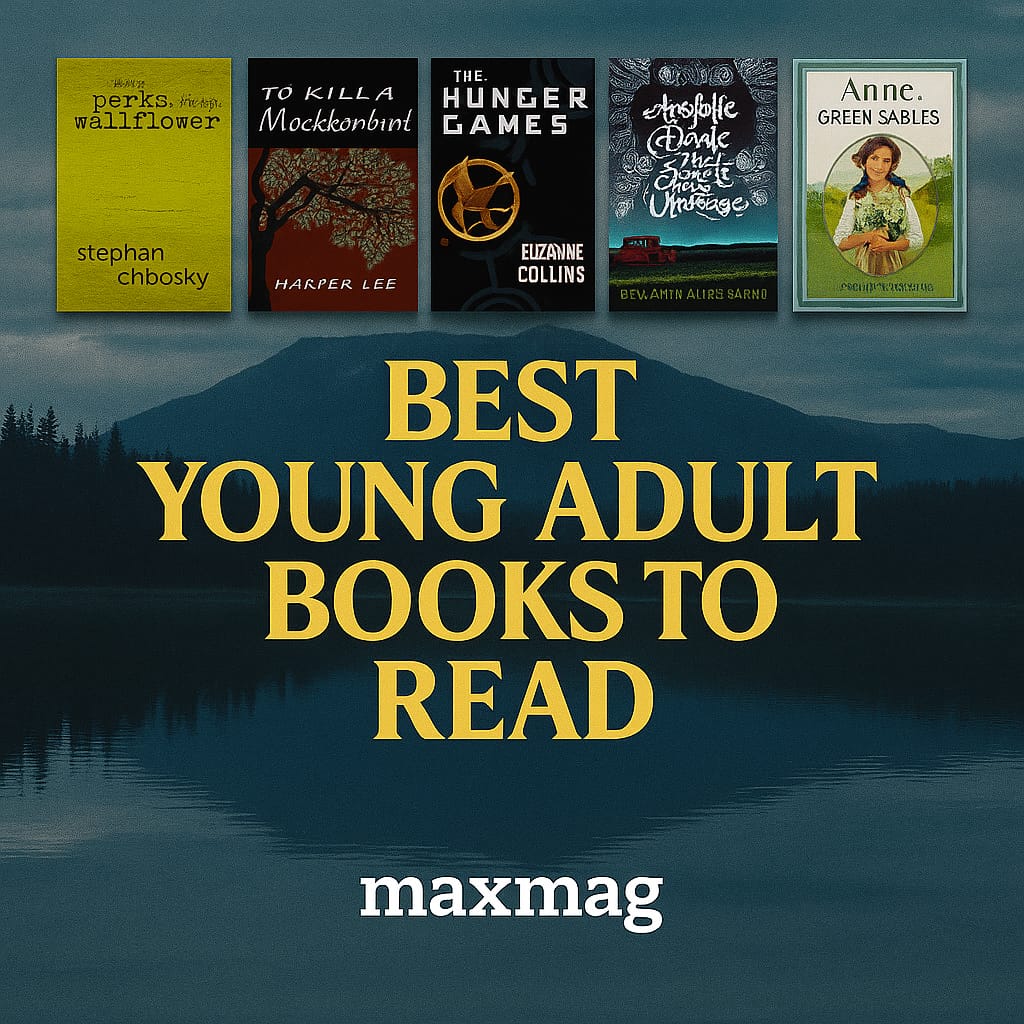
11) Divergent — 2011
Faction tests, zip‑line dares, and found courage power a narrative that asks whether labels can ever define us. Tris’s training gauntlet delivers crunchy set pieces while ethical questions simmer beneath. The romance accelerates stakes without eclipsing agency. Its cultural splash helped cement dystopia as a dominant 2010s YA mode. Short, high‑voltage chapters make it easy to assign or buddy‑read. The trilogy invites comparisons about endings and expectations in series arcs. As award‑winning young adult novels go, this one thrives on momentum. Slot it among Best Young Adult Books to Read when you crave adrenaline with a conscience.
12) Illuminae — 2015
Presented as hacked files—interviews, emails, schematics—this blockbuster proves form can amplify feeling. The format keeps pages turning even as the moral calculus deepens. Kady and Ezra’s banter threads humanity through cosmic catastrophe. It broadened YA’s toolkit, legitimizing mixed‑media experimentation for mainstream audiences. Audiobook production became a benchmark with full casts and sound design. The trilogy structure rewards commitment while the first volume stands tall alone. For readers seeking top young adult books that feel cinematic yet clever, this is a perfect pivot. Add it to your Best Young Adult Books to Read list when you want innovation with impact.
13) The Cruel Prince — 2018
Sharp knives, sharper tongues: courtly cruelty becomes a study in agency as mortal Jude learns to game faerie rules. Political scheming drives the plot while romance smolders in the margins. Black’s world blends glitter and grit, inviting readers who like their magic with consequences. The moral ambiguity feels refreshingly honest for teen protagonists. It helped mainstream the “romantasy” mood that dominates feeds today. Fast chapters and vicious twists make it buddy‑read candy. For top young adult books with edge and elegance, it scratches the exact itch. Best Young Adult Books to Read lists stay current by including this modern fae classic.
14) Speak — 1999
Melinda’s fractured, sardonic narration transforms silence into a fierce act of authorship. The novel pioneered frank, compassionate treatment of difficult topics in YA without sensationalism. Classroom adoption endures because the voice feels authentic rather than instructive. Art becomes both refuge and language, offering a way through. The slim length belies its emotional heft and lingering afterglow. Pair it with discussions on consent, creativity, and restorative spaces. As award‑winning young adult novels go, few titles built a more durable bridge between teens and adults. For Best Young Adult Books to Read with real‑world resonance, this is essential.
15) A Court of Thorns and Roses — 2015
Beauty‑and‑the‑Beast bones meet fae politics in a lush adventure that leans into danger, desire, and destiny. Feyre’s arc maps survival into self‑possession, with battles both internal and epic. The world’s seasonal courts invite series‑long immersion and spirited debate. It helped catalyze the current boom in crossover romantasy that floods shelves and feeds. The pacing alternates romance beats with high‑stakes tests to keep momentum taut. Audiobook and fan‑art culture amplify immersion beyond the page. As best‑selling young adult literature with adult readership spillover, it’s a crowd engine. Add it to your Best Young Adult Books to Read queue when you want fantasy heat with mythic sweep.
About Young Adult Books and Why Readers Love Them
Originating as librarian and publisher experiments in the mid‑20th century, YA crystallized when authors wrote directly to teen interiority instead of about it from a distance. The earliest hits centered realism and voice, but the field quickly expanded to speculative worlds that let moral puzzles play out at blockbuster scale. Today, the umbrella comfortably shelters verse novels, graphic formats, and dossier experiments without losing clarity, thanks to editors who champion pace and emotional legibility. That mix—voice, velocity, and variety—keeps discovery high and reading slumps short. In short, top young adult books thrive because they respect attention while rewarding curiosity.
Readers return to YA for community and momentum: series that promise a next book, characters that feel like friends, and themes that turn “homework” topics into human‑sized choices. In classrooms, educators use award‑winning young adult novels to open conversations about identity, power, and belonging; in bookstores and libraries, staff picks lean on best‑selling young adult literature to convert casual browsers into lifelong readers. For many families, YA becomes a shared shelf where teens and adults meet in the middle. When planning your Best Young Adult Books to Read journey, rotate tones—joy, justice, wonder—to keep the habit bright.
Conclusion
Across eras and subgenres, these 15 selections capture YA’s superpower: turning private questions into public conversations without losing heart. Use them to build routes by mood—heist nights, tearjerker afternoons, or school‑story weekends—and to seed discussions that move beyond “what happened” into “what matters.” For a broader context on how the category formed and keeps evolving, this concise overview of young‑adult literature offers history and definitions that pair well with classroom planning. For trends around adaptations and readership shifts, explore this feature on the rise of romantasy and its audience to spot where YA and crossover tastes meet.
To keep momentum, try a two‑step plan: pick one safe‑bet classic and one modern conversation starter; then schedule a buddy read or audiobook commute to lock the habit. Share highlights with friends or students, and revisit this list when you’re ready to switch gears from dystopian grit to contemporary glow. Best Young Adult Books to Read isn’t a finish line—it’s a flexible map that should keep paying dividends every time you turn a page.
FAQ: Best Young Adult Books to Read
How did you choose these titles and why require a 4.0+ score?
Where should a new reader begin if they want something fast‑paced?
What are good classroom pairings for discussion‑heavy units?
I prefer standalones—do any of these work without reading a whole series?
How can I build a personal plan from Best Young Adult Books to Read?

